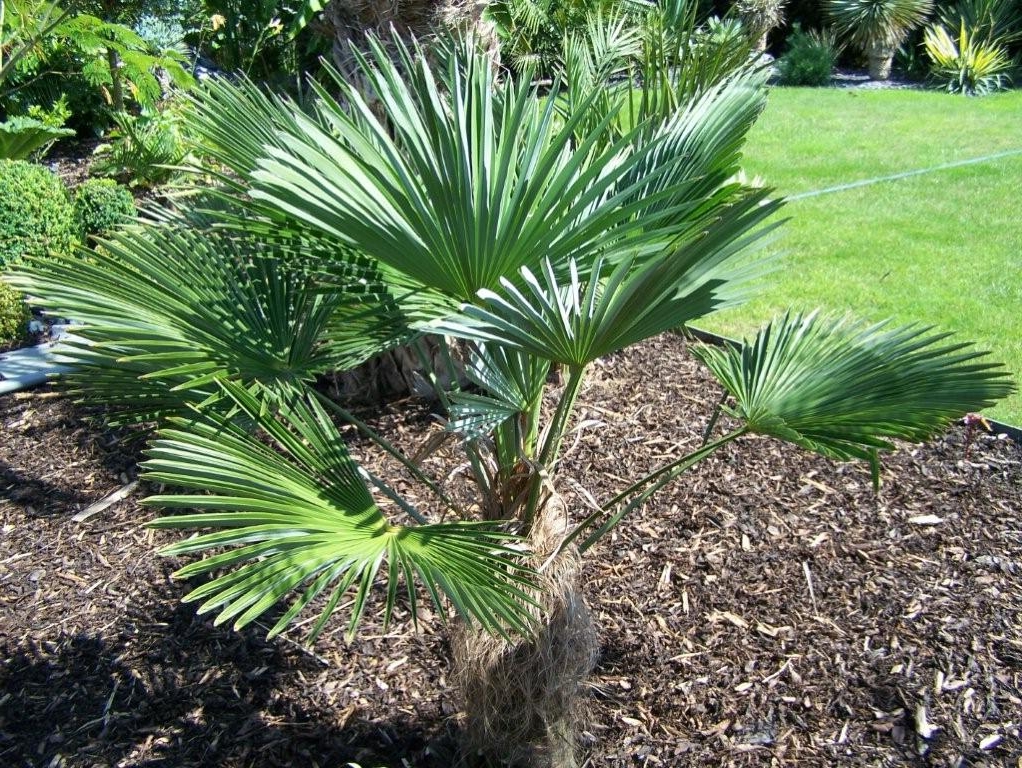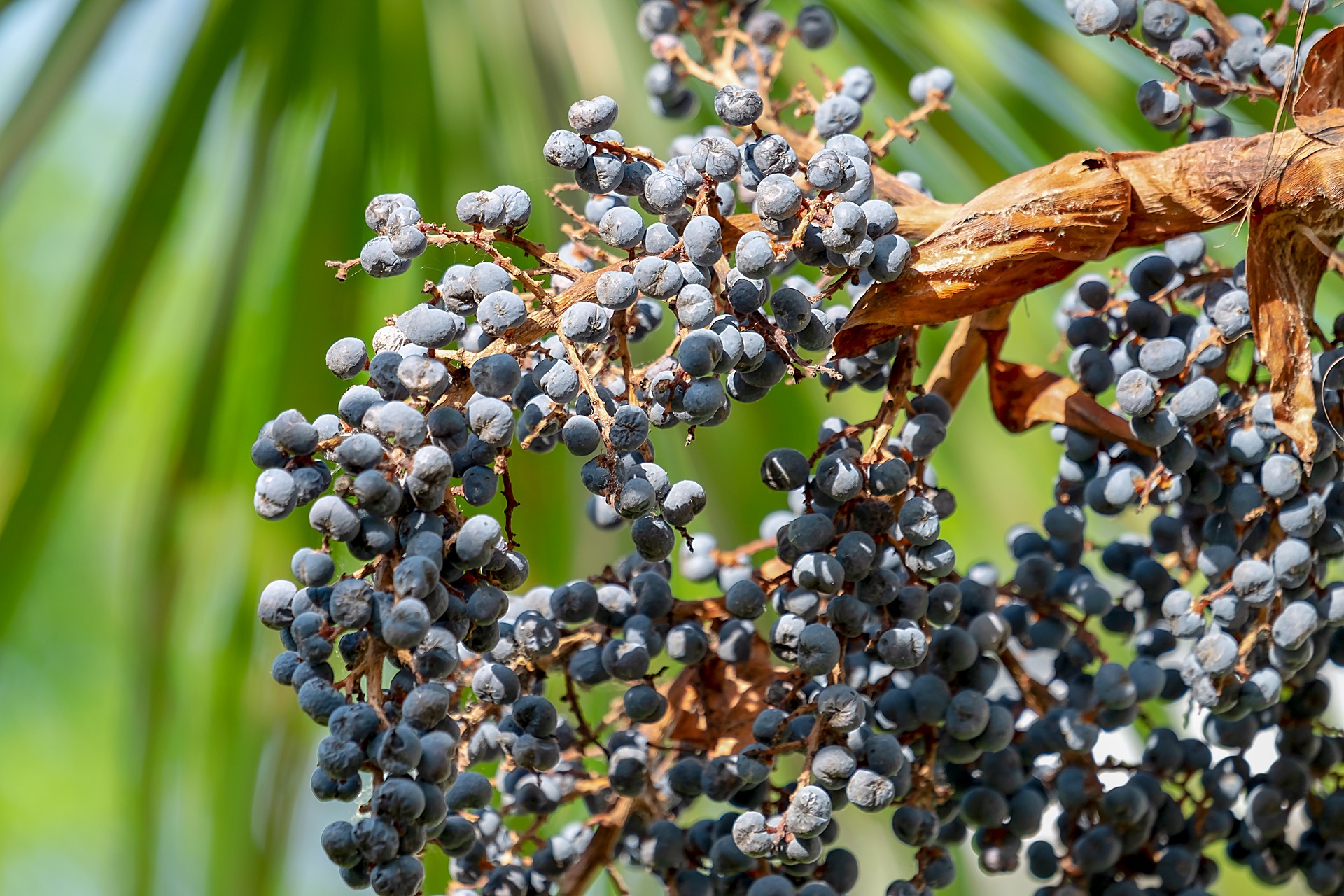Cultivating Leipzig Palms like the Wagner Palm
LE Palms cultivating Leipzig Palms like the Wagner Palm. The first one year palms and new cuttings are ready. You can order now Leipzig Palms from Leipzig. We want to create palm gardens, parks, woods and forests together with European palm societies. Everyone is invited to join our palm tree, greening and plant community. Stay tuned for more news and updates. Visit our websites for more information. http://www.lepalms.org, lepalms.shop

Trachycarpus fortunei ‘Wagnerianus’ is unknown in the wild, but may have originated in cultivation in Japan, where it was first discovered by the horticulturalist Albert Wagner of Leipzig, Germany in the second half of the 19th century (in 1873). It has remained in comparative obscurity until recently, when its qualities as a garden plant were at last realized.
Trachycarpus is a genus of eleven species of palms native to Asia, from the Himalaya east to eastern China. The most common species in cultivation is Trachycarpus fortunei (Chusan palm or windmill palm), which is the northernmost cultivated palm species in the world. Cities as far north as London, Dublin, and Seattle have long term cultivated palms in several areas. The dwarf form popularly known as T. wagnerianus is unknown in the wild, and is now considered synonymous with T. fortunei or treated as a cultivar of that species.

Trachycarpus fortunei is notable as the hardiest large trunk-forming palm known, with established specimens tolerating winter temperatures below -20°C, and also tolerant of cool summer temperatures in oceanic climates such as Scotland and even the Faroe Islands at 62°N latitude, making it the northernmost palm outdoors anywhere in the world. Some planted in Plovdiv (Bulgaria) are known to have survived a temperature of -27.5°C, the coldest temperature reported to have been survived by any palm. It is tolerant of heavy snow cover.
Read more here:
http://www.palmpedia.net/wiki/Trachycarpus_wagnerianus
https://en.wikipedia.org/wiki/Trachycarpus_fortunei
